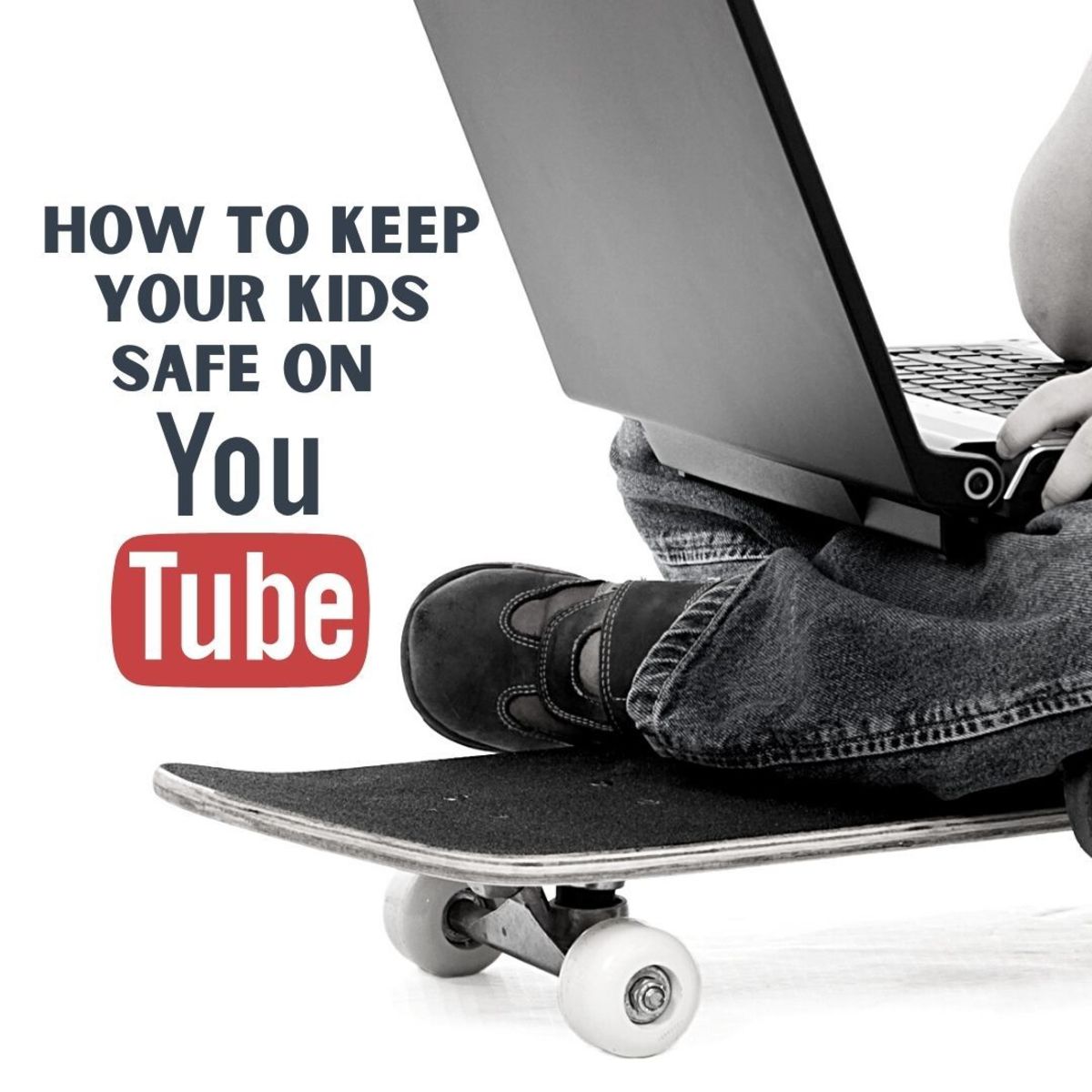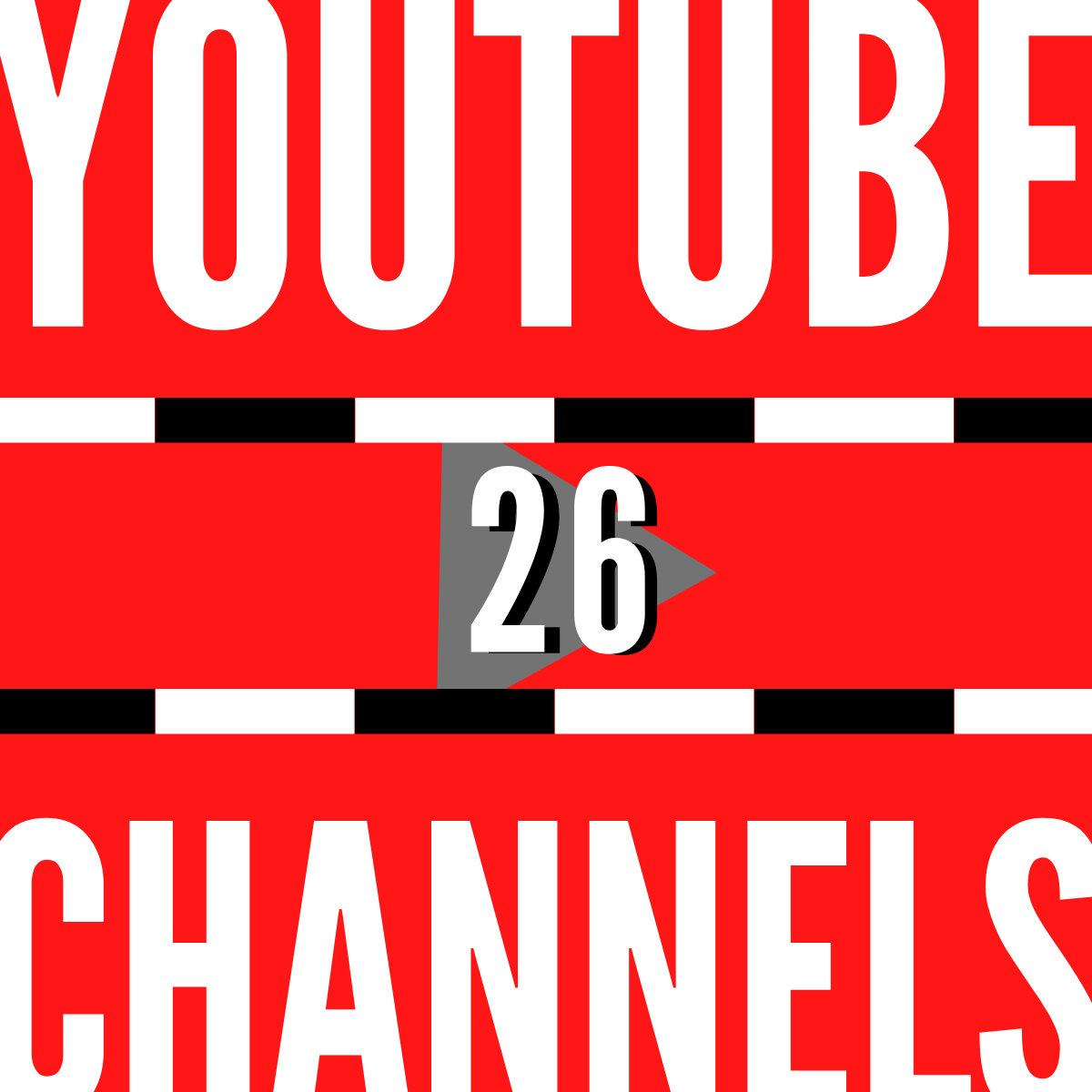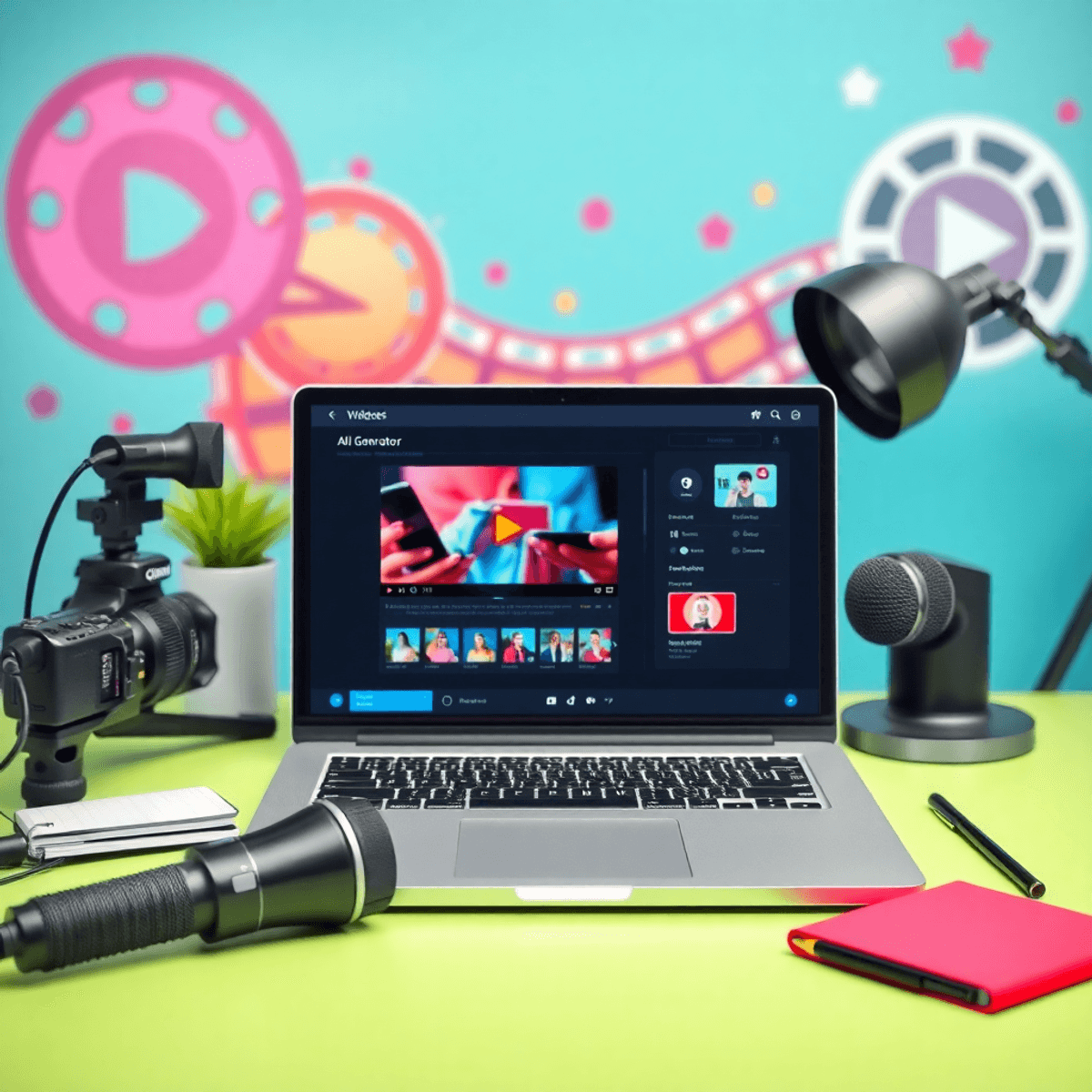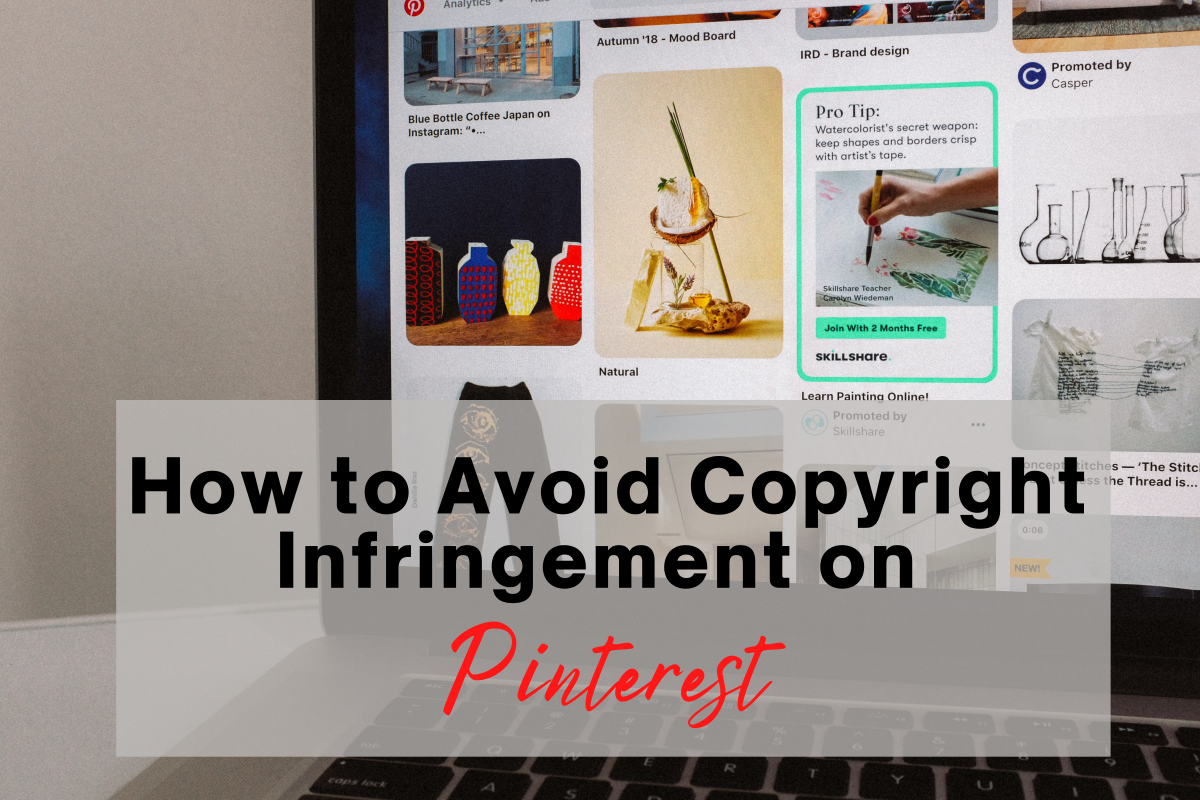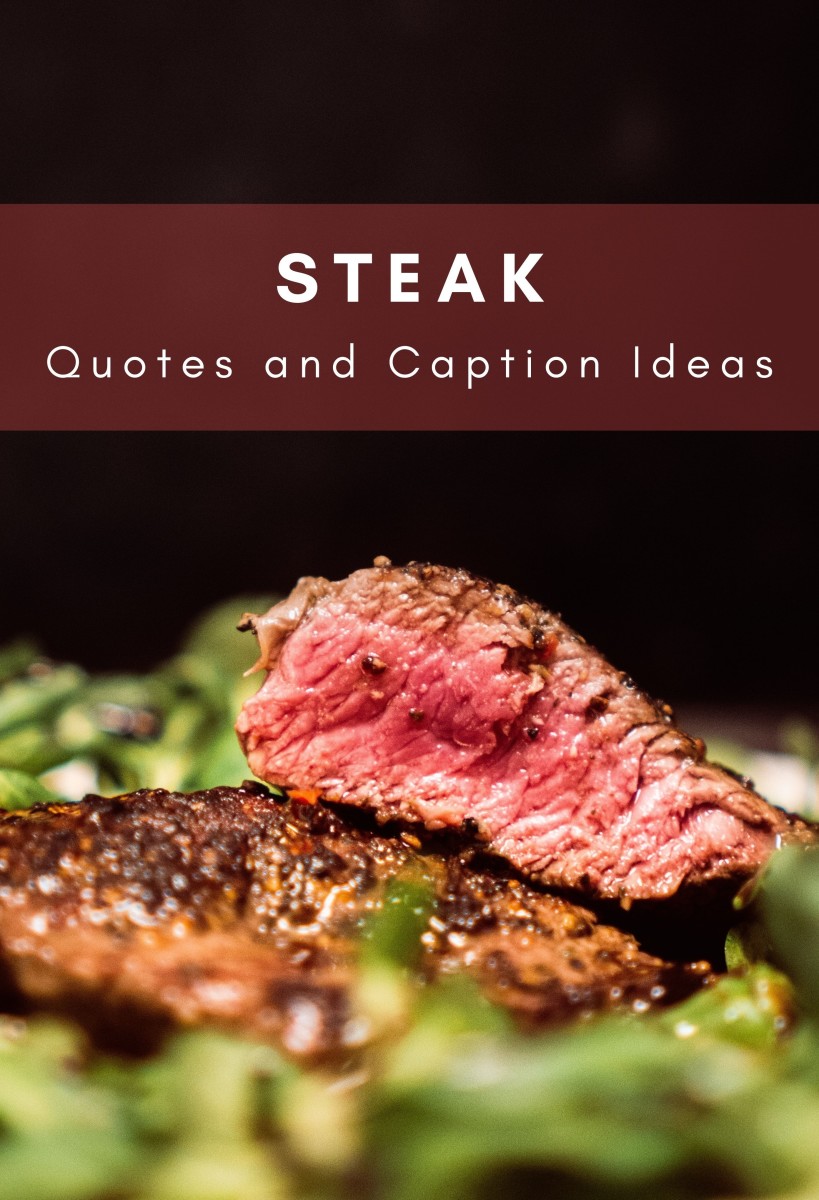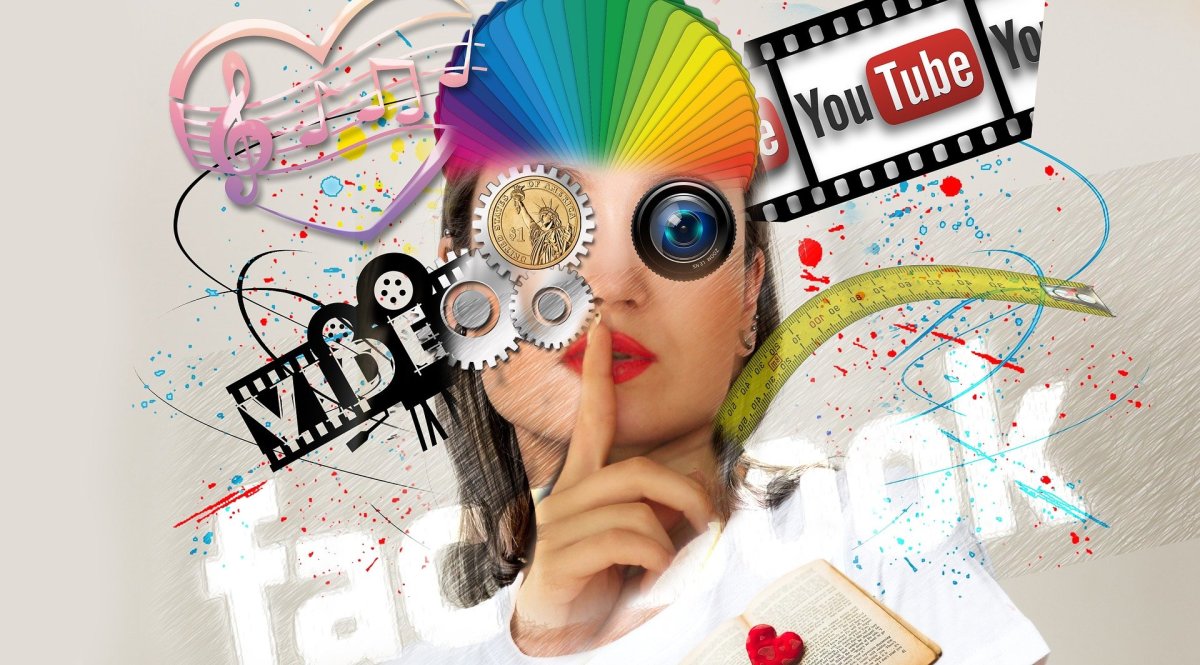Does YouTube Support the Social Justice Warrior Movement?
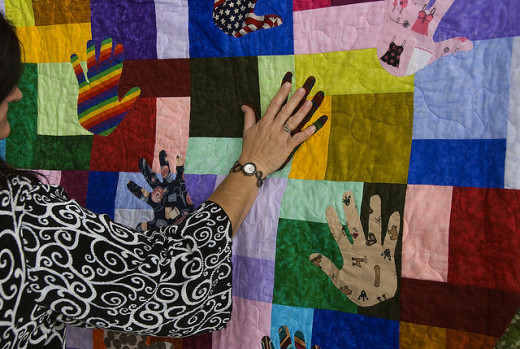
Who Does YouTube Attract?
One of the best things about YouTube is that it attracts an audience from all around the globe.
There are so many videos of all cultures, races, and languages that it's reminiscent of an online melting pot. Does that mean YouTube promotes a blending of cultures and diversity more than any other media source?
I believe that although it may not exactly promote, YouTube is all inclusive so people from different backgrounds at least have an input on the site. The question is do people from other backgrounds actually interact with each other by viewing their videos, subscribing, and leaving comments.
There's a difference between compiling a collection of videos from all over the world and whether there are the interactions between them from people of different cultures.
For example, does an Irish-American view a video from someone in Iran or India that includes their culture in the video? If they do and the same happens vice versa then you are engaging in diversity.
The videos themselves don't have to be specifically related to someone's racial or cultural background to establish diversity.In fact, the more secular a video is the more likely it'll attract different kinds of people towards it thus still emphasizing a diverse atmosphere.
It also helps to be secular because the YouTube audience skews younger, and they probably don't have the maturity or cultural intelligence to explore videos related to another person's origins.
If they do visit them, then the exchanges vary with a collection of both positive and negative comments. The positive comments in this case would represent growth and maturity while the negative comments would most likely represent the opposite including ignorance.
You can't choose your audience, but in a way, YouTube represents the real world because sometimes we get along with people of different races, ethnicities, and cultures and sometimes we don't.
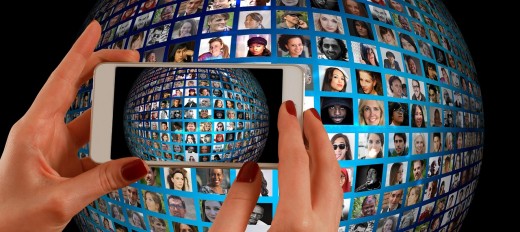
Real vs. SJW Diversity
As time passes the world we live in continues to mix and blend with various kinds of people, but what really dictates whether it's positive or negative?
I like to use the words "real" and "fake" in my discussion because I believe there's mixing that turns out to be a good thing and mixing that turns out to be foul. Diversity and the blending of people's origins should be a welcome sight. This is necessary because the more we diversify the more likely we are to treat each other like human beings.
It seems ridiculous when you think about how people with distinct religions can act so hostile towards one another even if they have the same background. For years there have been deadly battles and protests with people from similar origins except maybe one is a catholic and the other a protestant.
This is why diversifying people can't be ignored, and I understand why laws get passed encouraging non discriminatory practices among people.
In the United States that issue has usually been the problem among whites or Caucasians and blacks or African Americans. We've passed laws in the workplace and in schools that encouraged those two groups, among other minority populations, to cooperate with each other in order to help eliminate the stigmas of each.
Obviously those laws have worked somewhat because we see a variety of individuals in schools including colleges, the work place, and in politics. However, this is where I like to bring up the real versus fake diversity debate.
Just like YouTube where you bring a collection of ideas to people of various backgrounds, some laws got passed so everyone can bring in their collection of ideas as well. But is it real or fake diversity?
Meaning is there an interaction among the different groups or are individuals only interacting with someone from their own culture, race, ethnicity, or background?
If people are interacting and expressing their ideas with everybody then the goal of real diversity has been reached but if people only interact among homogeneous groups of their own backgrounds, then I call that fake diversity.
People may get similar opportunities but the environment is still based around people they are familiar with, which are usually members of their own background.
Why Can't YouTube Fix the Negativity?
In the last paragraph I mentioned the difference between what I like to call real or fake diversity, but now I'd like to expand and talk about the actual interactions among people of different cultures.
YouTube continues to be a solid benchmark into how online social interaction has progressed. I will continue to focus on the online environment because in the future more and more interaction will be virtual rather than physical, including the school and career paradigm.
What does negative interaction mean when it comes to social media and interactive video sharing sites like YouTube? Simply put it includes disliking someone's video, avoiding their videos for discriminatory reasons, and posting obscene and racist/hate comments on their content.
I can talk about the horrible things people say all day but I'm restricting it to communication among people of other races or cultures.
It's one thing to dislike a video because the video itself wasn't good, of low quality, or uninteresting but it's another thing to dislike it because the people in the video or the content was loathed because of ignorance. This becomes far more evident in the comments that people leave.
There are those who comment because they are just trolls and they spread hate comments for the sake of getting an interaction, but there are also people spreading hate that are serious.
There are plenty of people who don't agree with other races, cultures, or backgrounds and their ignorance and the stereotypes they believe in dictate their judgment. This kind of communication isn't diversifying anything and in fact may do just the opposite.
However, I also see a lot of people that come to the defense of the person making the video when someone leaves a negative comment especially if it involves a person's race, culture, and of course sexual orientation.
The latter one is probably the most common to see online and although my focus is more on race and ethnicity, sexual orientation is also a factor.
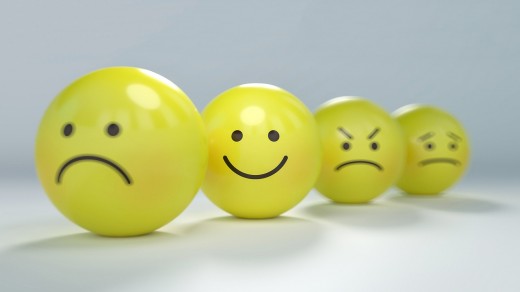
How to Interact Positively on YouTube
Now the best kind of interaction and the one that certainly helps promote diversity is positive interaction. I discussed in the last passage how I've seen others come to a person's aid and that is a form of positive interaction.
Anything that supports someone and vilifies the hateful or racist comments of a person is positive, however; people often go too far when trying to defend someone and the point gets lost somewhere along the way.
Beyond that I've seen people leave positive comments and like a video because they found it unique, interesting, and they enjoyed the creator's works. Even better are people of various backgrounds that leave positive comments, likes, and subscribe to a youtuber's video that relates to the youtuber's background.
This kind of communication is exactly what we need and if we saw more of this then I'd be completely on board with video sharing sites like YouTube promoting diversity. The feelings remain mixed, however, because the bad still outweighs the good even though it's beginning to change for the better.
When music videos from places like South Korea, China, and Japan are able to become universally popular then it's definitely a step in the right direction.
Even if they are seen more as fads or trends it's still seen as a positive especially if people leave behind positive responses or hit the "like" button.
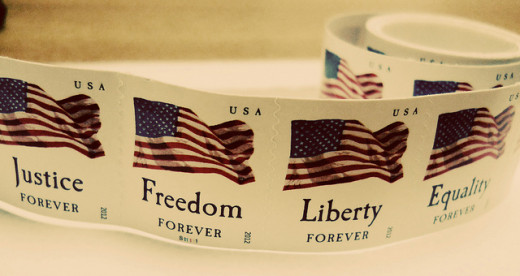
The Positive Effects of Social Media
Despite a lot of progress the fight to erase things like racism and inequality will continue for years to come, but we're evolving as human beings. Technology is making our world appear smaller because of social media platforms and things like YouTube and it changes how we perceive things.
People have stated that the internet is the biggest forum of hate, but I disagree. I think the internet has opened up a can of worms that actually helps us discover more than we are used to.
If we can all enjoy something from someone different than us on a universal scale then how is that a bad thing? I even believe people who leave negative feedback are still gaining something out of it because they're exploring different cultures and backgrounds.
Hopefully as they grow and mature, (many are likely young in age) their mind will begin to open up as well.
Newer generations are likely to become more liberal and tolerant of other people, so progress will continue to be made. Unfortunately along with new progress will be the resistance to progression, but that's expected as it's nothing new looking at history.
One day I know I'll be able to definitively say that YouTube as well as other social platforms promote diversity but until then, let the growing process continue.
Eventually the majority of people will approach individuals of other races, ethnicities, cultures, and backgrounds with tolerance, maturity and understanding thus promoting real diversity.

